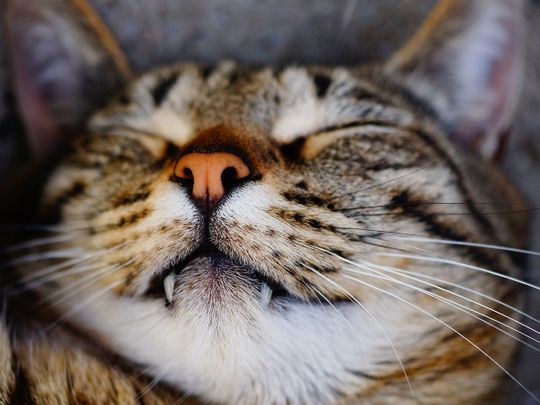
If you have been looking forward to today’s puzzle, I have to tell you – this one is the cat’s meow!
Click start to play today’s Crossword, which is all about animal idioms! How many can you guess?
The English language is full of oddball phrases, but none are as fun as those with animals in them. Although strange at first glance, every phrase has a unique story behind it, and a reason for its seemingly odd structure.
For instance, if you hear information that’s “straight from the horse’s mouth”, you know it to be from a reliable or direct source. But the phrase’s origin isn’t from a miraculous talking horse. At the beginning of the 20th century, jockeys and trainers were the people closest to racehorses and were considered to be the best source for pre-race tips. Getting the inside scoop from them would have been like getting it right from the horse!
Another theory of the phrase’s origin is that examining a horse’s teeth could give a person information on its physical condition, and therefore indicate how well it would perform in a race.
Next, you might be confused if someone is “happy as a clam”, because faceless, shell-covered, blob-like clams look anything but happy. The reason the phrase sounds strange is because it’s incomplete! The original expression dates back to the 19th century and is actually “happy as a clam at high tide”. Since clams can only be harvested when it’s low tide, they are happiest when they are away from human reach. Doesn’t that make a lot more sense?
And while we swelter away in August heat, you might use the phrase, “the dog days of summer”. This animal phrase doesn’t refer to our furry friends, but their astronomical counterparts.
Ancient Greeks and Romans believed that the hottest days of the year corresponded with the days that Sirius, the brightest star in the constellation Canis Major (“big dog” in Latin), rose in the sky before the sun. According to National Geographic, in those days, it usually happened in late July in the northern hemisphere.
The Greeks and Romans thought that the heat from the two stars – the sun and Sirius – is what made these days the hottest of the year. For our purposes, in 2021, the dog days would span from July 3 to August 11. So, for the next two days, don't forget to use this very timely and relevant animal idiom!
Which is your favourite of them all? Play today’s Crossword and let us know at games@gulfnews.com.




